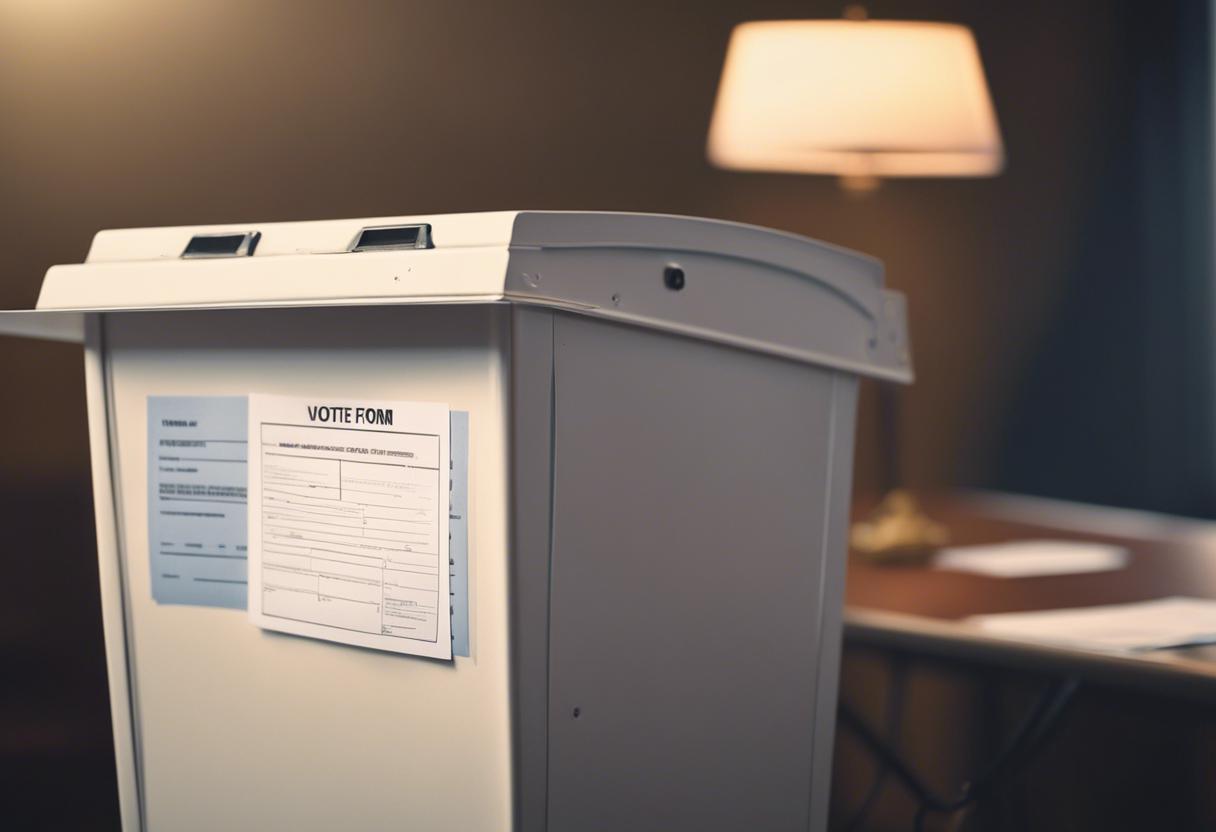The priorities of Irish voters usually align more with improved services and advancements in housing than with tax cuts. However, political parties suspect that ultimately, the financial implications of policies often drive voter decisions. Knowing the key discussions in the upcoming campaign and treating pledges with a critical mindset is recommended.
One of the central aims is to captivate middle-income voters. Thus, pledges to raise the income threshold for the higher 40 per cent tax rate will be common. During the current government’s term, this threshold has increased from €35,300 to €44,000 – surpassing the promise made by Fianna Fáil in its previous campaign, but falling short of Fine Gael’s 2020 manifesto pledge to raise it to €50,000. The proposed change would have given those fully eligible an increase of nearly €3,000 annually, but the actual delivered increase was €1,740.
Fine Gael are likely to revisit this matter, and it could be expected to appear in many manifestos in some form or another, considering it necessary to adjust for inflation. Otherwise, we could experience a gradual increment in the tax obtained from the income.
The method of addressing this inflation issue is interesting – Labour suggests the tax and welfare should rise in line with inflation. The Social Democrats, on the other hand, believe that the emphasis should be on enhancing tax credits instead of extending the band, as this benefits lower earners more.
Raising the threshold is expensive. Therefore, voters should understand that to fund this – especially if it exceeds inflation – robust budget figures are needed.
Is there a chance of a party promising an unexpected income tax rate reduction to create an element of surprise? Remember Leo Varadkar’s mention of a middle, 30 per cent rate? If any party were to propose this, Fine Gael would be the most probable candidate.
As for the USC…
The budget in October reflected a key domain of contention, which saw Fianna Fáil’s Finance Minister, Jack Chambers, focus predominantly on reducing the main rate of Universal Social Charge (USC) from 4% to 3%. This is applicable to incomes ranging from approximately €25,000 and €70,000. Another potential focus for the party could be the USC in their manifesto.
It will be fascinating to observe Fine Gael’s approach in this area. In 2016, their naive promise to eliminate the USC over a five-year period was replaced in the 2020 manifesto with a pledge to raise the income threshold for those responsible for paying the USC from €13,000 to €20,500. This would completely exempt many lower earners and those with smaller pensions. However, despite some USC relief, the €13,000 threshold has been consistent.
Sinn Féin has conveyed its objective to eventually liberate the first €45,000 of income from the charge, commencing with the first €30,000 being exempt in the initial year. This is presumed to be a critical aspect of their election tax programme. Labour’s financial spokesperson, Ged Nash, has been highly critical of this approach as well as the Government’s USC reduction in the budget. He has argued that those resources could have been employed to significantly improve payments to carers, or to establish another level of child support to help underprivileged families.
Inheritance tax may not significantly boost the exchequer’s income, but it is an emotive issue for many voters. Often there is no tax due, especially when children inherit assets from parents due to generous allowances that currently exist. Fine Gael could possibly make significant strides here. Previously, it suggested a lesser Capital Acquisitions Tax (CAT) rate of 20% on assets up to €585,000. It might make a similar proposition now, or suggest a considerable rise in the tax-free limit on inheritances, currently €400,000. Furthermore, they could suggest gradually raising these tax-free limits in line with inflation each year. Fianna Fáil may compete in this area as well. Despite The Commission on Tax advocating for increased wealth tax, the policies seem to be leaning in the other direction. Sinn Féin’s alternative budget suggested raising the CAT rate to 36%.
Is #VAT9 extinct?
The hotel and leisure sector relentlessly advocates for the reinstatement of the 9 per cent VAT rate. Despite the vulnerability of such an undertaking, it’s not entirely out of the question that a semblance of the proposal could be integrated into some party manifestos. However, this is an expensive venture and sectors like retail may argue against their exclusion from such benefits. Hence, a more feasible option could be introducing broader measures aimed at reducing business expenditures.
Tax escalations
There are diverse tax reform proposals from left-leaning parties. Sinn Féin, Labour, and the Social Democrats all advocate for phasing out the principal tax credits on higher earnings – those above €100,000 and €108,000 for Sinn Féin/Labour and Soc Dems respectively, effectively leading to a tax augment for higher income earners. Further proposals include measures that tax pensions and gradually eliminate reliefs that favour certain businesses and high-income individuals. Sinn Féin, moreover, seeks to implement a 3 per cent tax on incomes exceeding €140,000. They also commit to prohibit the rise of carbon tax and gradually terminate local property tax within five years.
Meanwhile, People Before Profit’s suggested budget for 2025 incorporates a myriad of additional tax propositions affecting businesses, banks, and high-income individuals.
Key takeaway
Two lessons can be gleaned from previous experiences. Firstly, tax pledges made during the election campaign may be altered or retracted during coalition negotiations or once in power. Secondly, any economic turmoil can drastically alter the landscape. Although recent predictions by the Department of Finance indicate robust medium-term prospects for the public finances, the dependence on global growth and the prosperity of a handful of US firms sharply highlights the precariousness of Ireland’s position. Given the uncertainty of the current global climate, it would be imprudent to take anything for granted.

